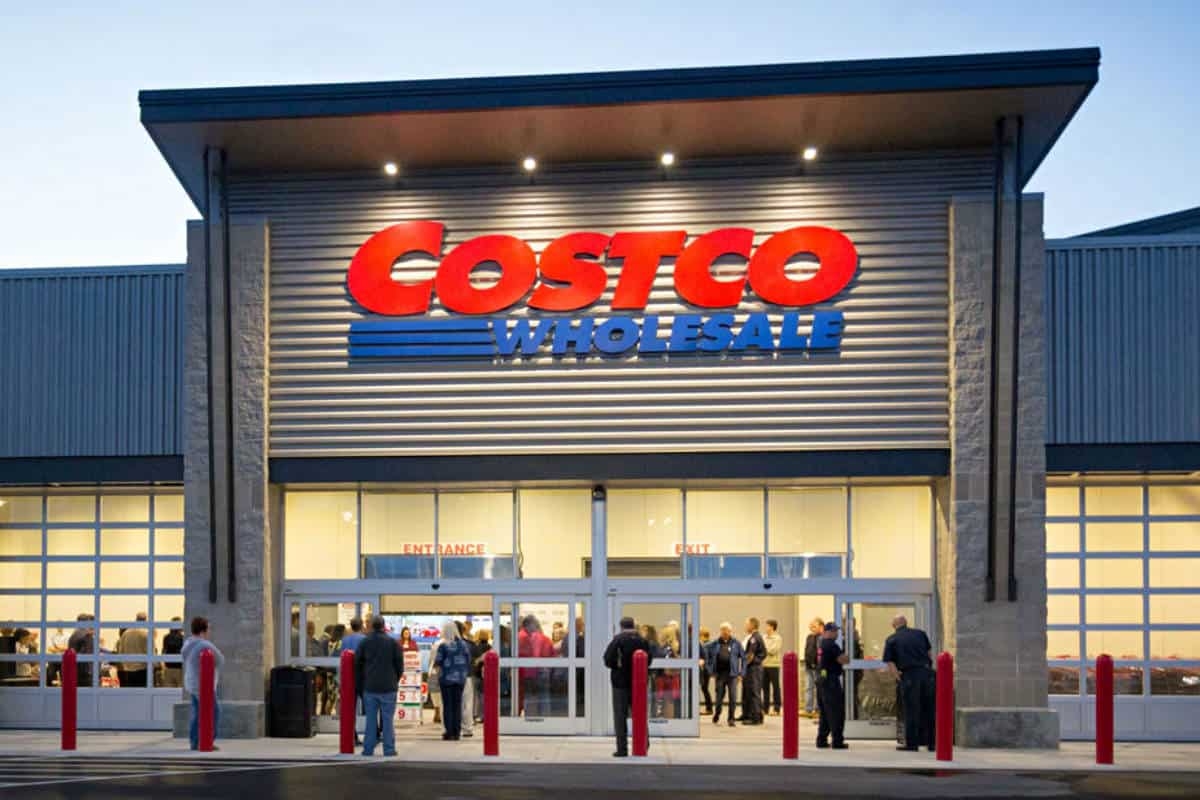Recent headlines might make you worried that a recession is coming, but you shouldn't freak out. If the coronavirus stays under control, the economy should continue moving toward recovery.
However, it would be silly to ignore potential risks to your investment portfolio. These three stocks have demonstrated their ability to navigate tough times and should be strong performers even if the economy starts to stagnate.
1. Costco Wholesale $Costco(COST)$
Costco Wholesale (NASDAQ:COST) has proven itself through multiple recessions, and every indication is that it will navigate the next one efficiently. The chain carries a broad range of consumer staples at attractive price points, especially on items sold in bulk.
When consumer wallets tighten, people are less likely to cut the sorts of goods carried by Costco. Moreover, some households will actually increase their spending at Costco as they become more price conscious, substituting away from more expensive alternatives.
Business person watching a storm holding an umbrella.IMAGE SOURCE: GETTY IMAGES.
Costco's club membership structure is also a central piece of the story. To shop at the warehouse store, you have to be a member, which requires an annual fee. Membership fees help to stabilize cash flows because they represent nearly 70% of operating income.
Even more importantly, the membership structure provides an important metric for tracking growth and customer retention. In recent years, membership renewal rates have been around 90%. This underlines the value that customers perceive from Costco, and it is a helpful metric to track competitive standing.
Costco's excellent financial health also provides security for investors. In the event of an economic downturn hurting the retailer's performance, it has ample cash flows and cash on hand to meet its financial obligations.
The most obvious risk to Costco at this point is a fairly aggressive valuation. The stock's forward price-to-earnings ratio is 40, and forward enterprise value-to-EBITDA ratio is 24.8. These are high relative to Costco's peers and its own historical levels. That creates additional risk in the event of a bear market, since there's more room for prices to fall.
2. Pfizer $Pfizer(PFE)$
Pfizer (NYSE:PFE) is a pharmaceutical company that makes the list for two big reasons.
First, healthcare and pharmaceutical stocks are often considered defensive because they usually don't suffer as much during recessions. Some medical care isn't elective, and pharma companies derive substantial revenue from public programs and private insurers. They aren't impacted as much when consumers stop spending.
The second reason is that ongoing coronavirus outbreaks are the most likely cause of a recession right now. As one of the leaders in COVID-19 vaccines, Pfizer is actually in a position to reap temporary financial benefits from people around the world seeking inoculation from the virus and its variants.
More than 40% of the company's revenue was attributed to the vaccine in the most recent quarter. If there is a recession, this is a company that has a lifeline.
Pfizer maintains a large portfolio of popular drugs, and its pipeline includes several more potential blockbusters at various stages of development and clinical trials. The company will continue to produce results for investors for years to come.
It's also a consistent dividend-paying stock that currently has an attractive 3.3% yield. Pfizer stock isn't immune to the market-wide swings that might be coming, but there's plenty here to get you throug h lean times.
3. Amazon $Amazon.com(AMZN)$
Amazon (NASDAQ:AMZN) might seem like an odd addition to this list, as a retail stock that could be influenced by cyclicality. However, the company has diversified its revenue and proven through multiple recessions that it can continue growing through recessions.
Amazon has now experienced two significant recessions over the past 15 years, and it kept chugging along in both cases. Moreover, it actually gained more market share in 2020 as e-commerce grew as a percentage of total share. If we have another lockdown-induced recession, I would expect more of the same
Amazon Web Services, the company's cloud computing segment, also generated 12% of total sales for the full year 2020. Even if consumer sentiment weakens or Amazon loses market share to other retailers, the company is still a dominant force in cloud computing, an industry that is set for growth for years to come.
It has also stepped into the media content game in a big way with Prime Video, which had 175 million people stream video in 2020.
It's hard to disrupt any of Amazon's different business operations, and something truly catastrophic would have to happen to hurt all of them. This stock can provide both stability and growth through a potential upcoming recession.
Instead of panicking and selling your investments, you should calmly build a portfolio that can perform during a recession or a bull market.



Comments